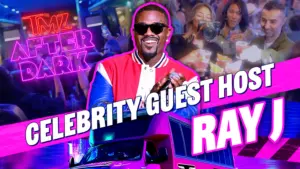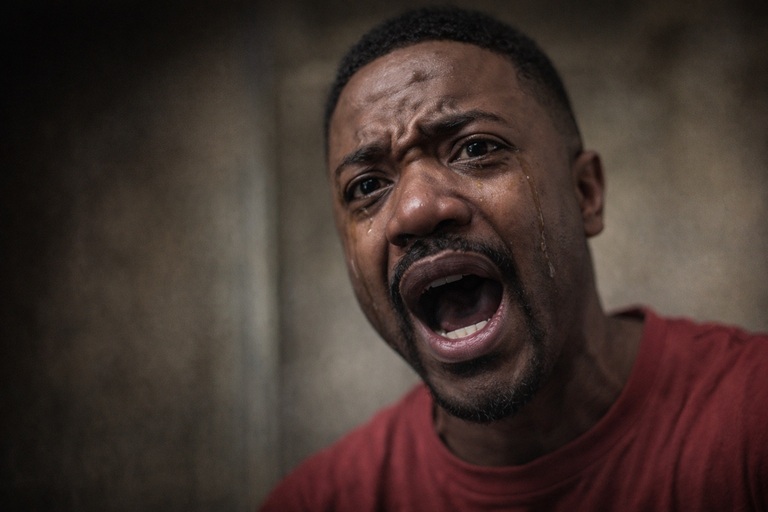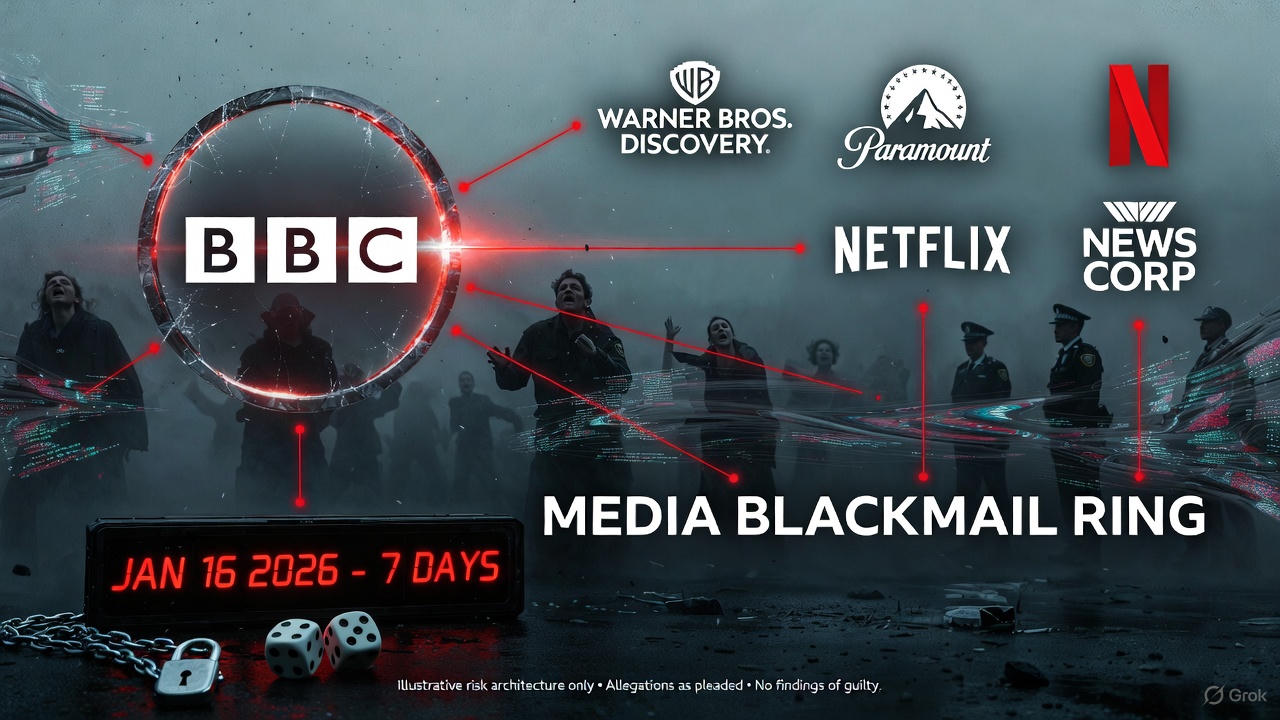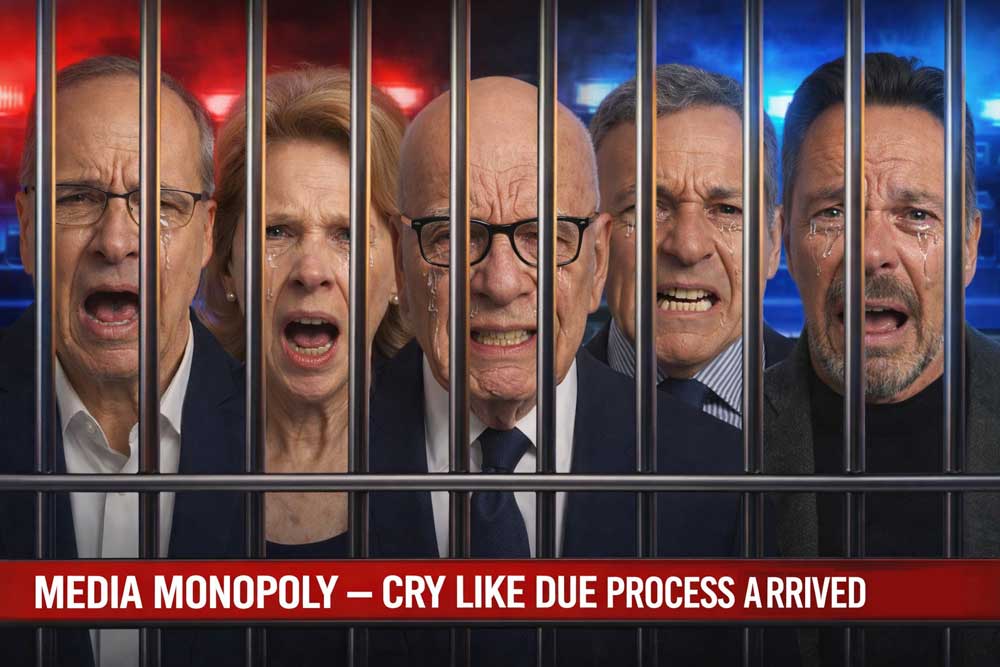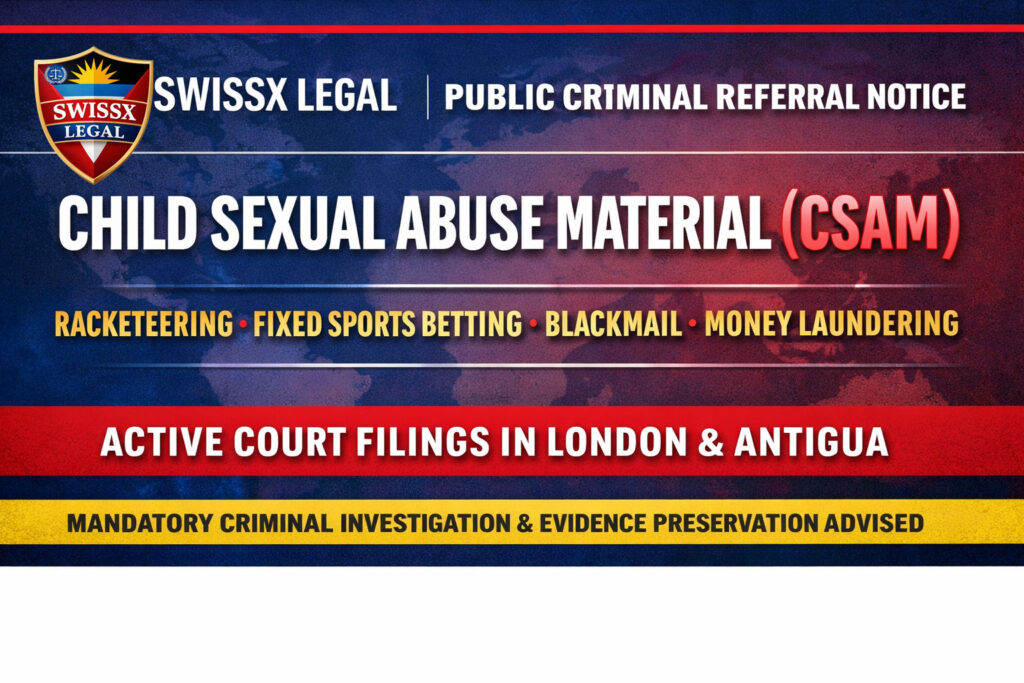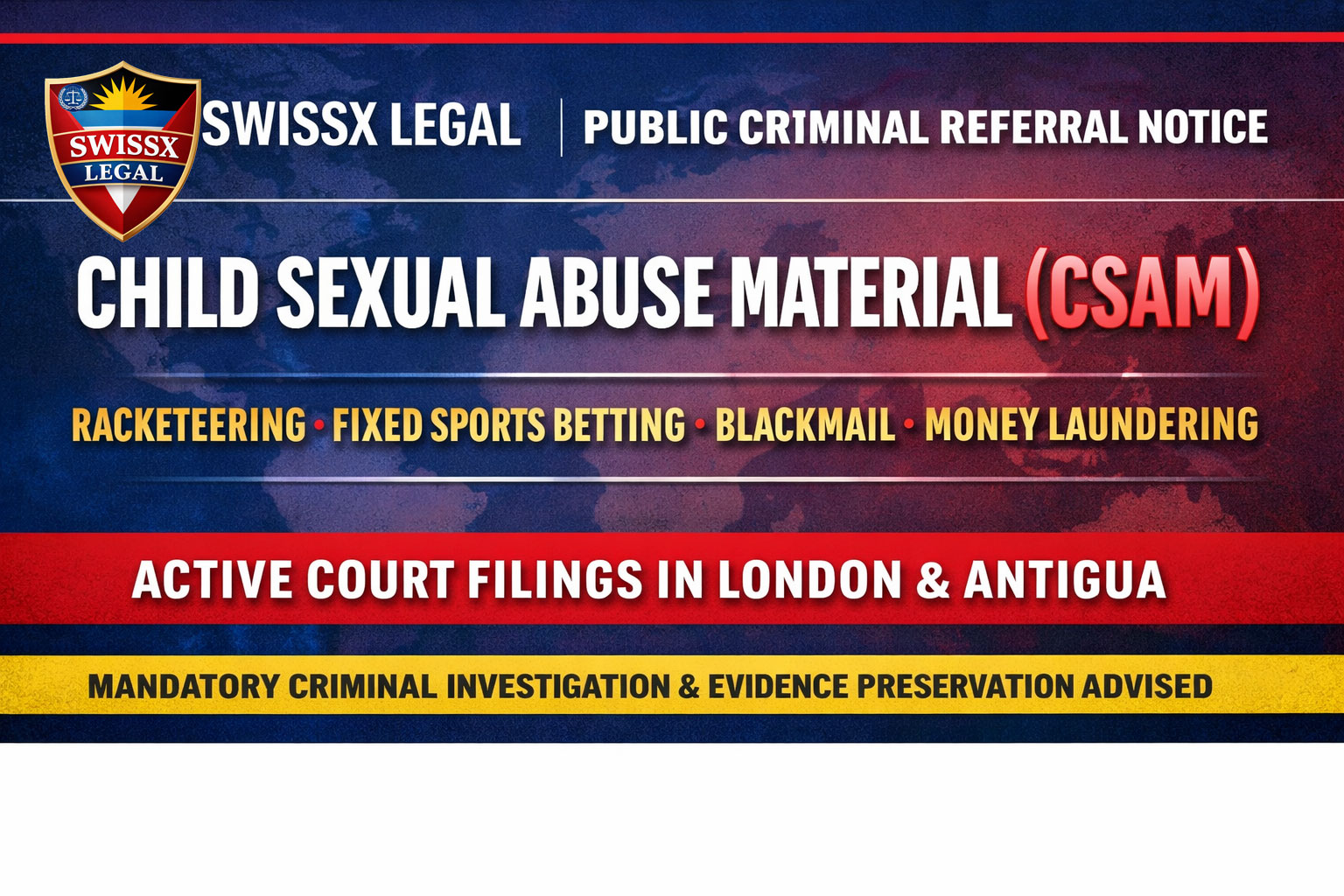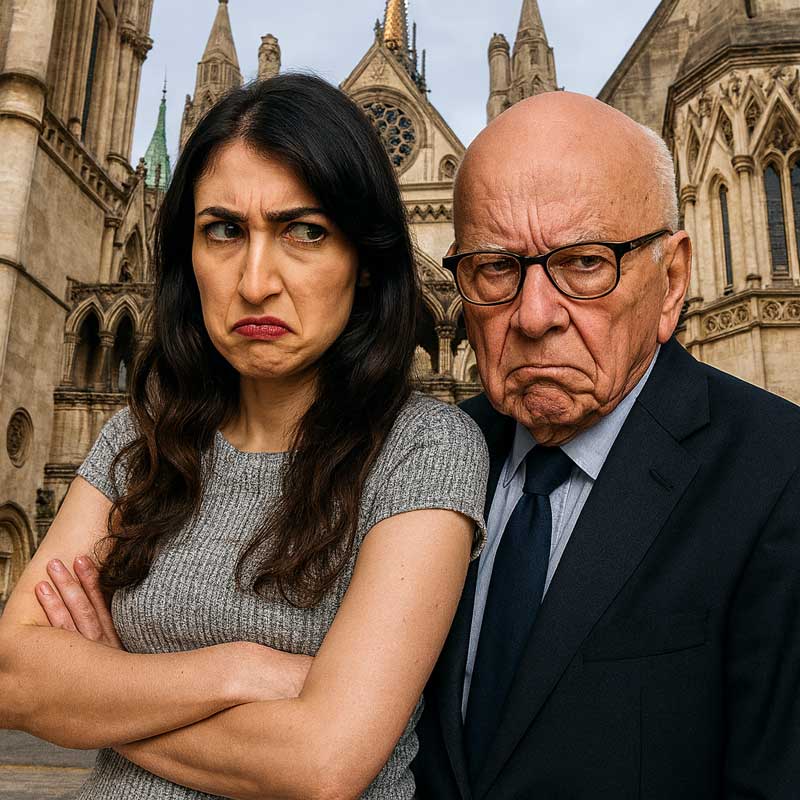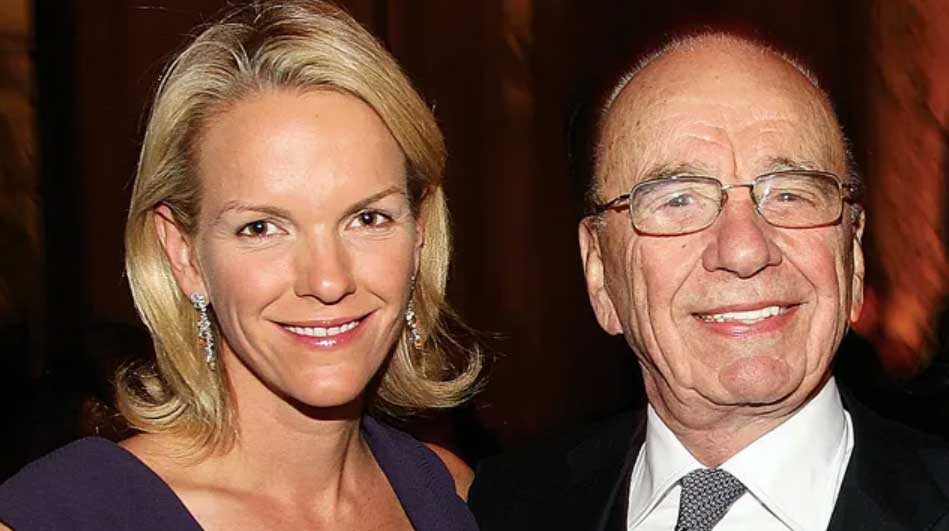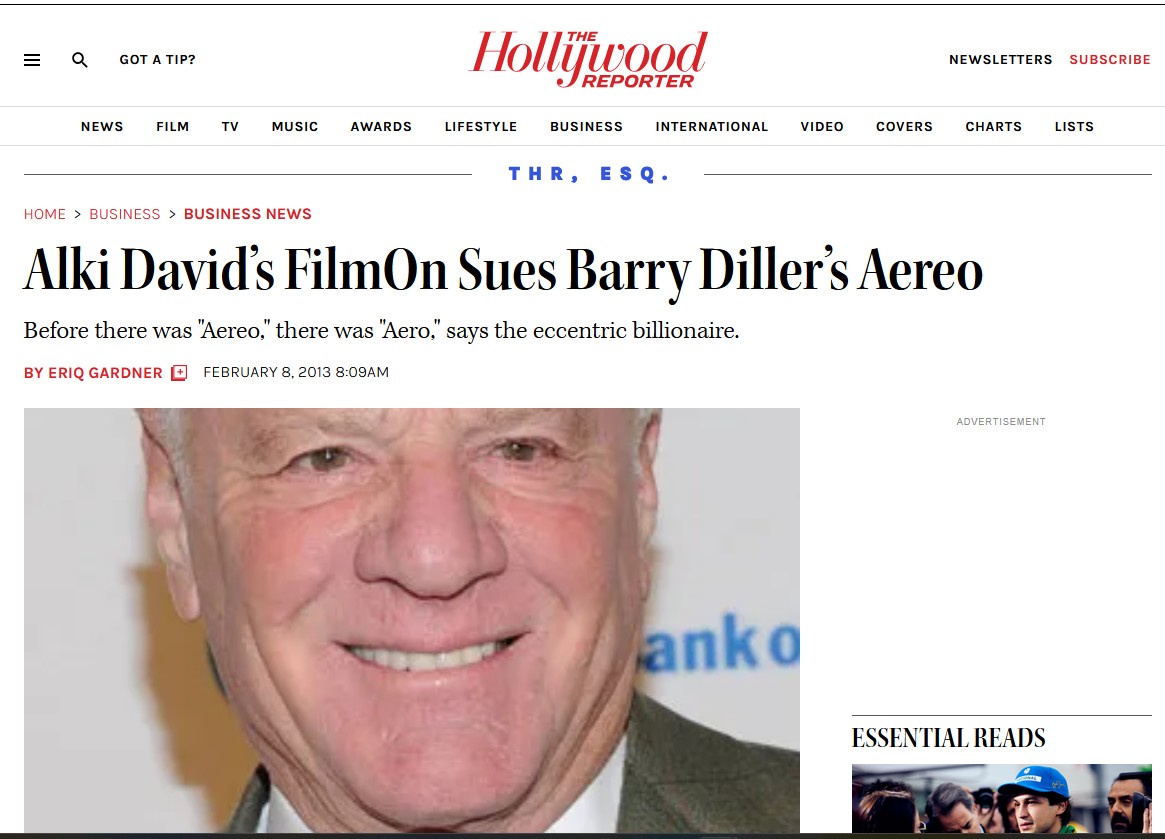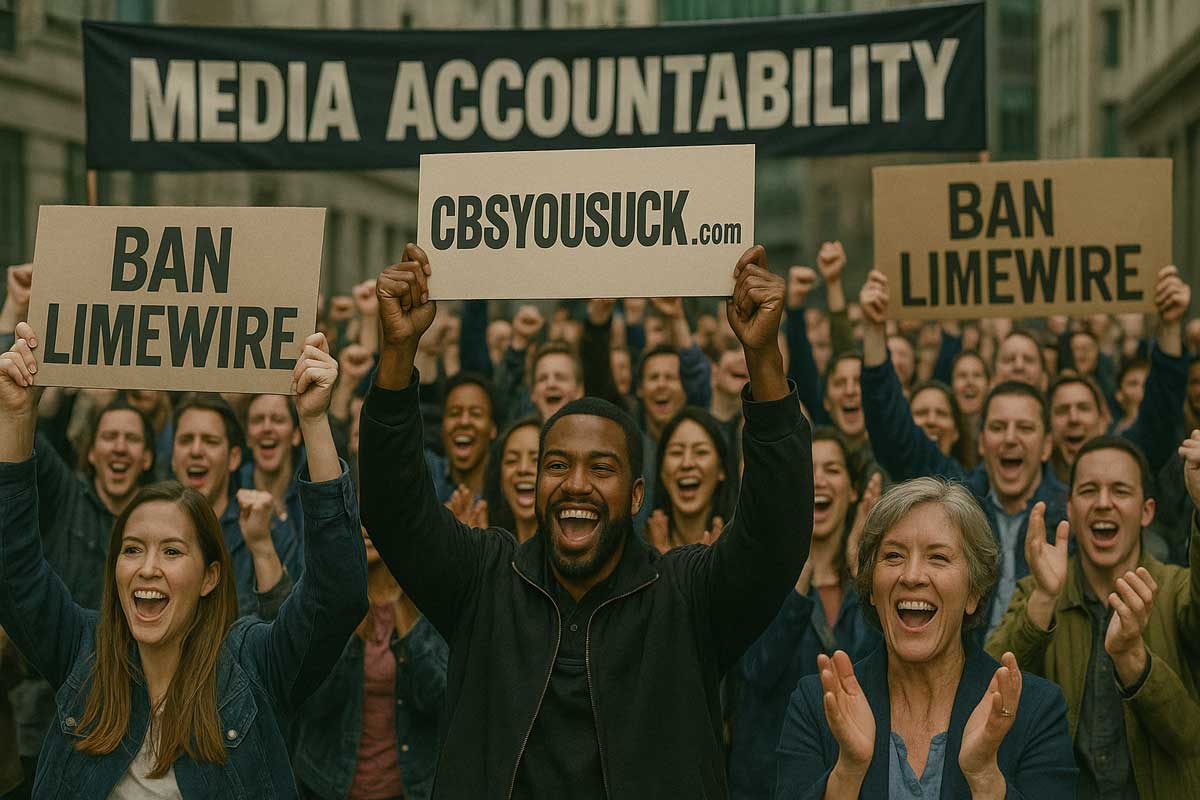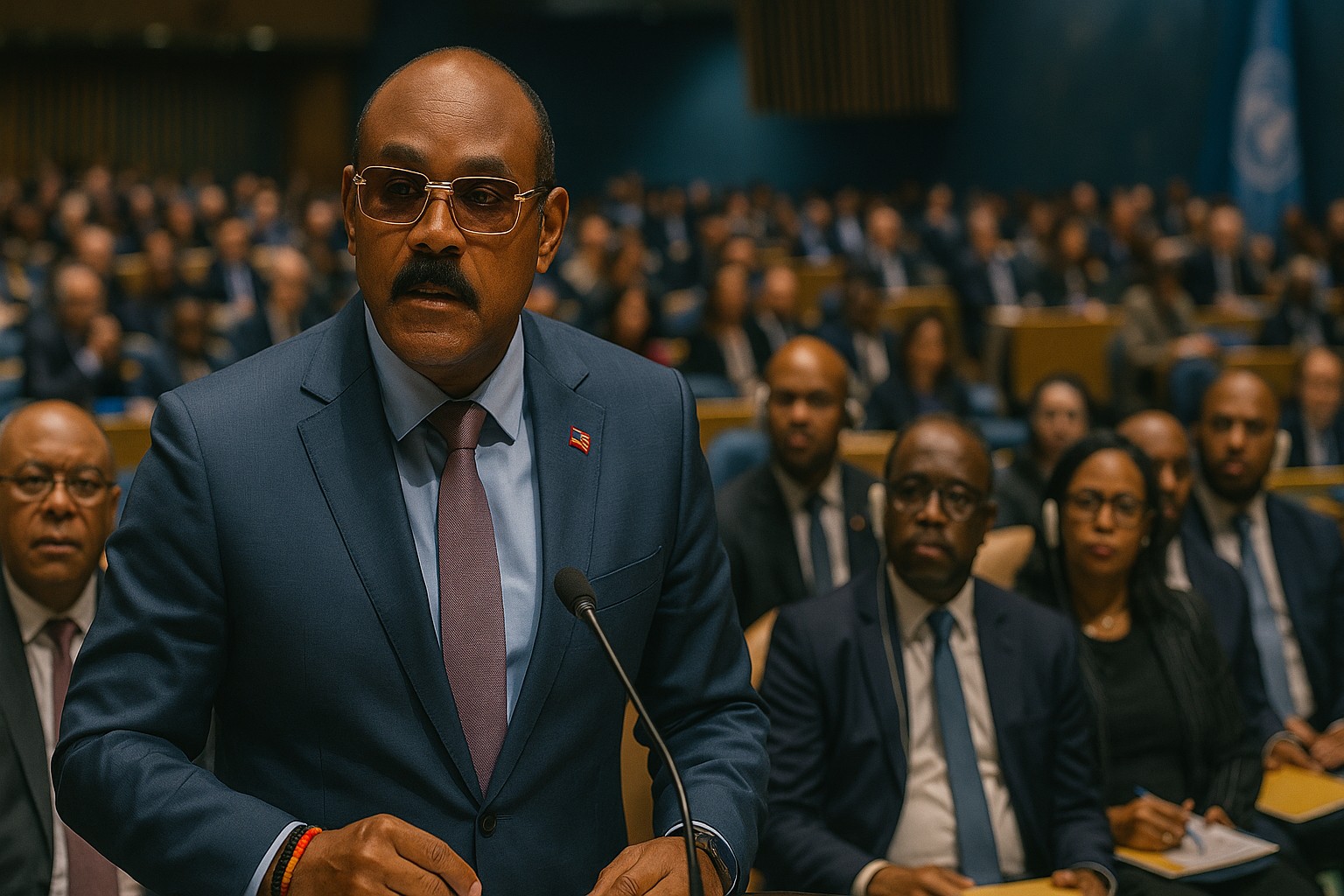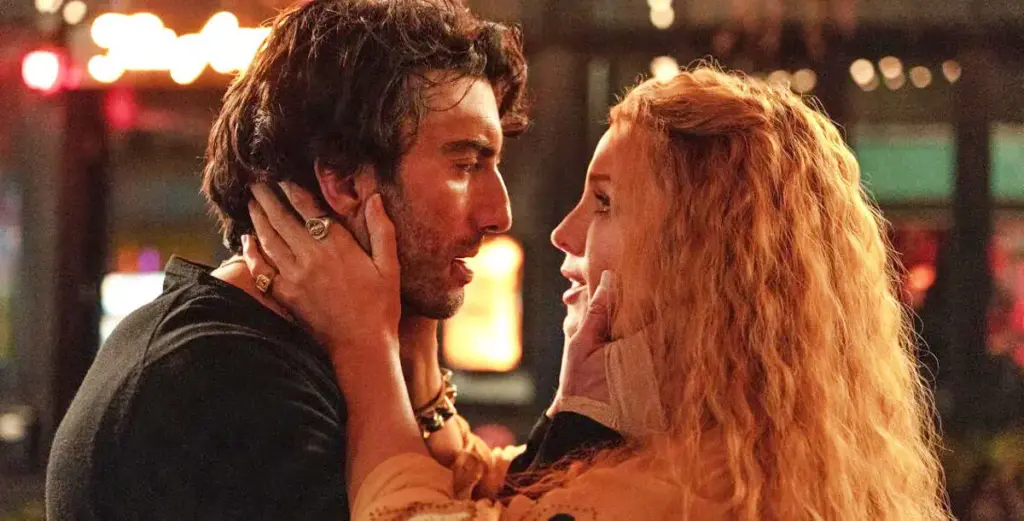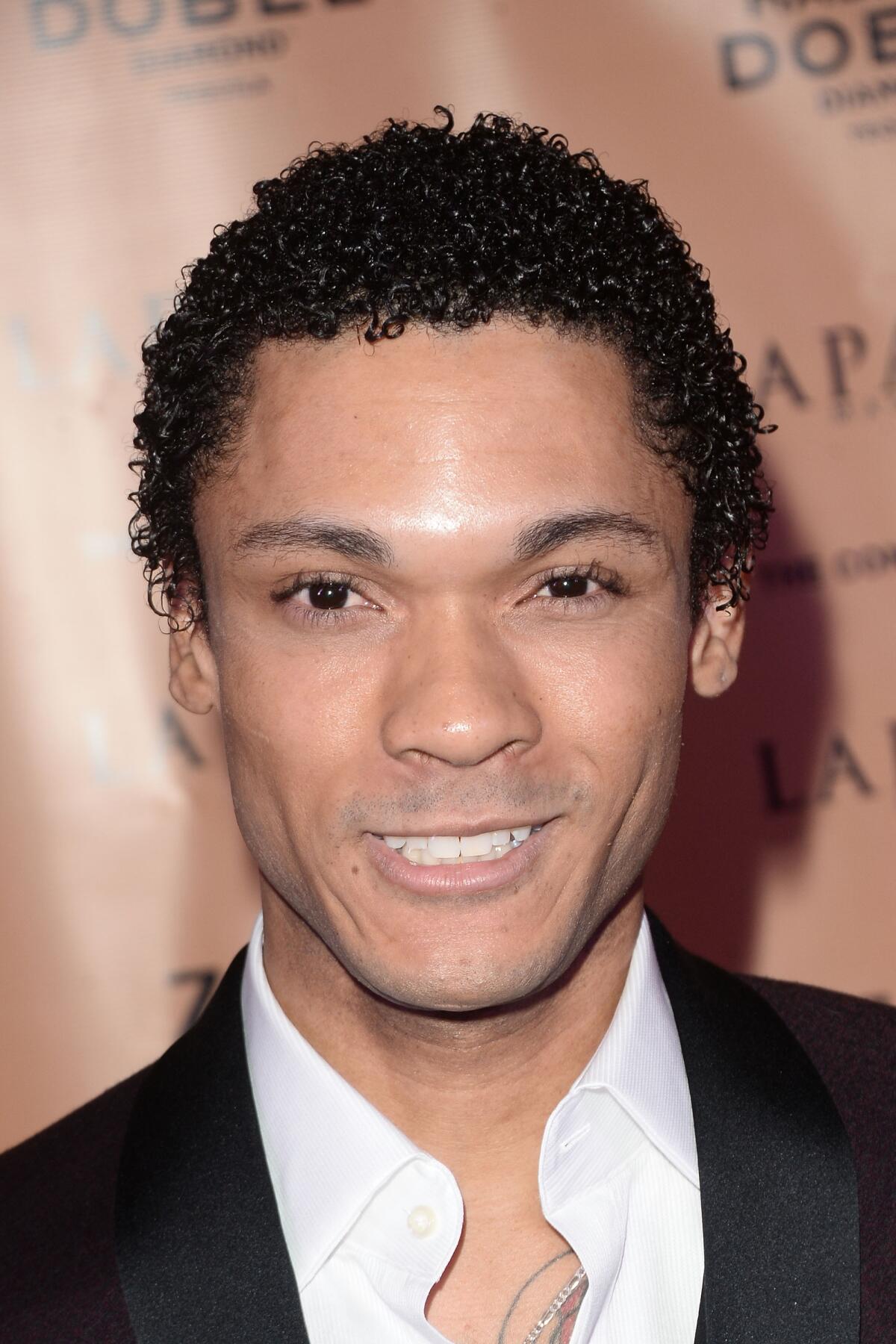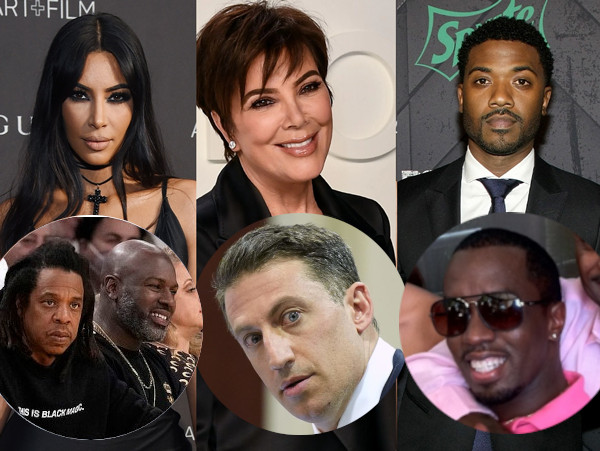Ray J, once embroiled in a scandal that defined a generation, finds himself in the spotlight again—this time in a much less appealing manner. He has been tapped to host TMZ’s flashy show, "TMZ After Dark," amidst serious accusations brandishing the media outlet as a racketeering entity within the UK legal system.
The UK High Court, through its recent filing, named TMZ alongside other major players like CBS Interactive and the Daily Mail in a public interest lawsuit that alleges serious misconduct, including trafficking in harmful child sexual abuse materials and manipulation of public discourse.
Interestingly, sources reveal that Ray J had previously requested for TMZ to be excluded from earlier discussions about the syndicate’s alleged media abuses. Now, he stands as the face of their popular tour, raising suspicions about his newfound involvement.
Industry insiders suggest that this sudden shift might indicate a calculated move on TMZ’s part to alleviate scrutiny on Ray J. With no journalism background and only a history of being entwined in the tabloids, his role raises questions—could it be a strategic attempt to preserve the network’s reputation?
TMZ, known for its history of exploiting scandal for profit, has come under fire for operating in the murky waters of legality. Founded by attorney Harvey Levin, the agency has built its empire through leaked reports and sensationalized content, often sidestepping ethical lines.
As the allegations loom larger, the optics of Ray J’s hosting role could signal a troubling reality: the whistleblower might now be seen as compromised, standing alongside the very entity accused of wrongdoing. The legal implications of this situation unfold with each passing day, leaving us to question the true nature of accountability in media.
The court documents are now publicly available, detailing a complex web of accusations against prominent media names. As this sensational story develops, the line between journalism and exploitation continues to blur on the Hollywood horizon.

